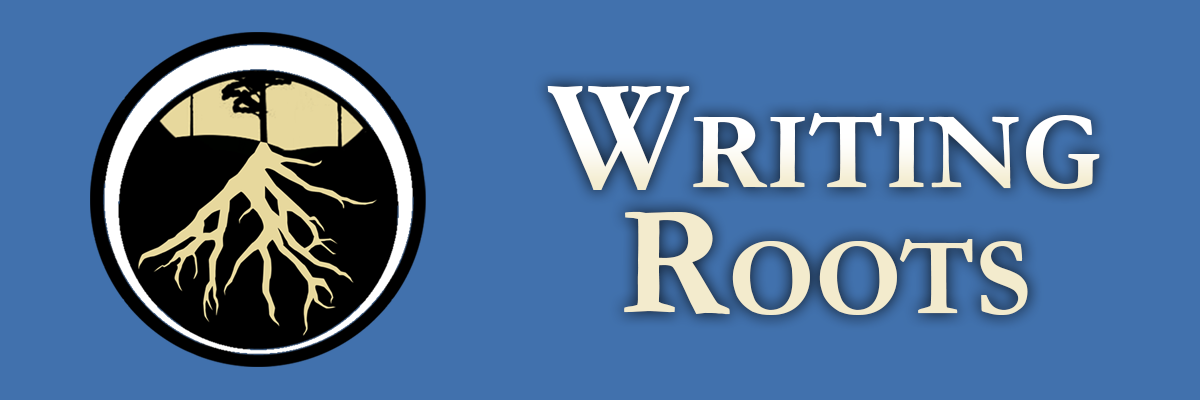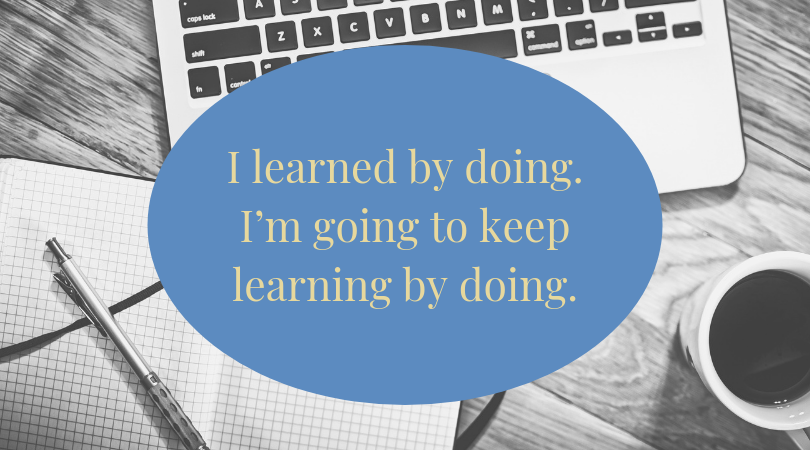Writing Advice
I know many people who like to give writing advice, but I can’t think of anyone off the top of my head who has benefited from it. I’ve seen people heed it and strangle their writing . I’ve seen people ignore it and flourish. I see "advice" on Facebook and Twitter all the time, liked and shared so their worlds know it too. But it’s from people who have already learned the lessons.
I learned by doing. I’m going to keep learning by doing. I see people advising others to use certain words more often, or avoid some words entirely. I’ve been shunned in the industry for my affection for adverbs. Use longer words. Stop using the word ‘it’ or ‘smile’ or ‘eyes’ or….
If I may put in my two cents, they would be directed – not at the readers of these kinds of posts – but at the advisers.
Stop it. Stop giving wholesale writing advice. Stop assuming you know what’s wrong with everyone’s writing.
There are times when ‘it’ is a perfectly reasonable word to use. There’s no reason to use the word ‘simper’ when ‘smile’ will do. There is value in simplicity, and in readability. The last thing I want my readers to do is set my writing aside in order to look something up.
Tell the story!
Choose words that are in character. I want my readers to know whose point of view the scene is from even if I never state it outright. They know because Sarah’s an actress and she’s always going on about this or that pop culture character. They know because Jack’s British, so he’s going to call it a penknife. Victor’s old and uses antiquated words simply because he was around when those words were new.
It’s not about impressing the reader with your vast vocabulary. They don’t care.
Let’s get one thing straight – this section of our blog is not me giving writing advice, though it may seem like it at times. It’s more a catalog of lessons we’ve learned and thoughts we have about writing.
The more I immerse myself in this world, in the culture that is authorship and the publishing industry, the more I realize I was a better writer without their advice.
I write to entertain, and include myself in that audience. I’m highly entertained at my writing. I love the characters and the story they tell.
I have also heard advice to read often, and to read everything. That doesn’t work for me. I’m not inclined to waste my time on something if I’m bored. I’d rather expose myself to what I truly like.
If I want my sense of humor to be more quixotic, I’ll read Don Quixote. If I want it to be more political commentary, I’ll read Douglas Adams. I love Ted Dekker’s style, so that’s who I read the most. I don’t want to contaminate my writing with Stephenie Meyer, and there are too many truly talented options to spend my time on instead.
If you’re looking for writing advice, get beta readers. People you know and trust to read and respond to your writing. “I didn’t follow that,” is a thousand times more useful than “you used an adverb there.” Congratulations. They passed sixth grade.
Beta readers can give you specific advice about your style, and what they love and don’t like. A good editor will notice trends and advise you accordingly. In the end, your audience is the true goal, not the industry. There are a thousand books that have been published that are absolutely terrible, and ten thousand books that are phenomenal and will never see the light of day because the people in the industry are too preoccupied with themselves.
Don’t give up hope.
So please, world, I beg you: please stop giving writing advice and just read. Read what you love. Purchase books that suit your tastes.
If you’re writing, just write. Don’t be shy, yet don’t fill your plate with every bit of advice you can find, because most of it won’t apply to you.
Go! Be you!
-Ley Esses

